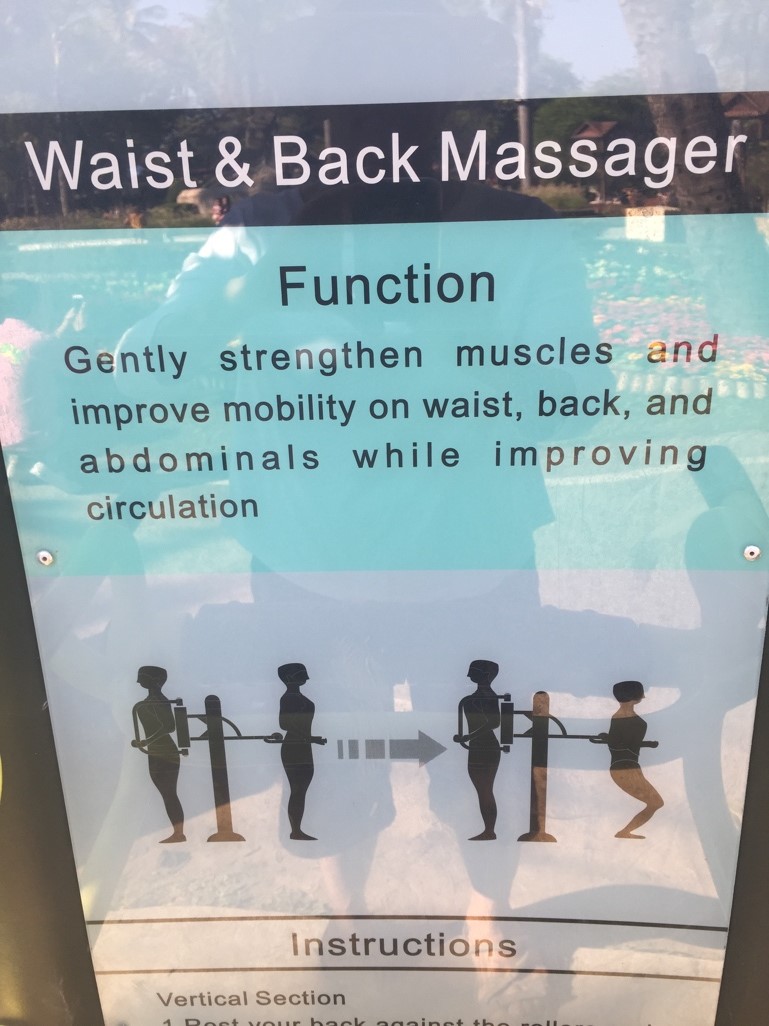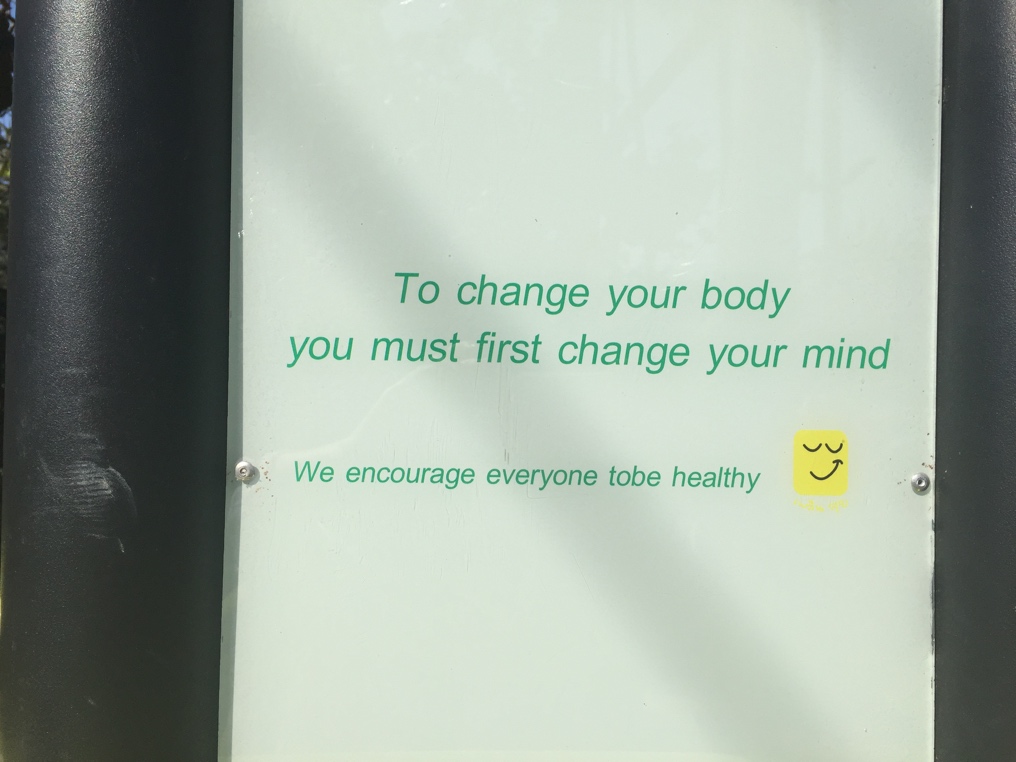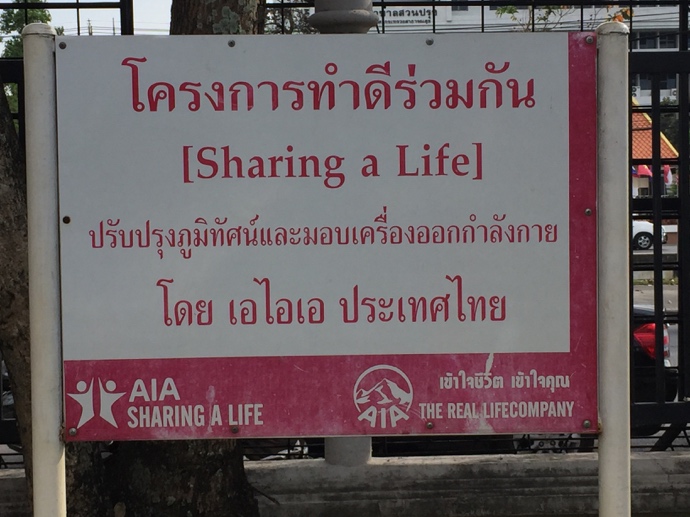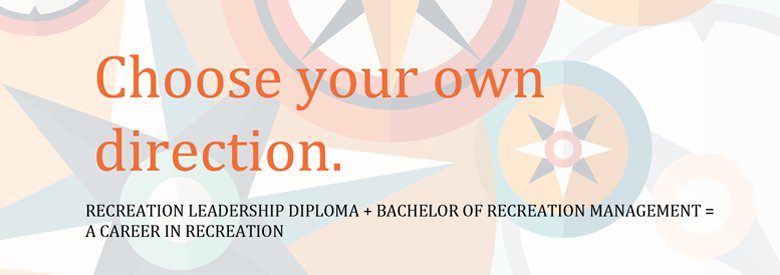Mar 4, 2019
By Cyndy Chwelos, Bachelor of Recreation Management Coordinator & Instructor
Many of you will be familiar with my posts from all parts of the world and know that I love to travel to experience different cultures. This semester I was teaching online from the other side of the world, locating myself in the old city of Chaing Mai, Thailand. Thailand does not disappoint; rich with cultural traditions, a visible Buddhist practice, and evolving into the global economy, offered me an experience of stark contrasts from my Canadian culture.
Let me share a compare and contrast of a Canadian/Thailand recreation activity, inspired by recreation equipment seen and tested(!) in the famed Buak Hat Public Park.
Are you familiar with the outdoor gym equipment that has gained recent popularity in Canada in public parks? The examples below aim to build leg and hip muscle endurance. I am particularly fond of the one that is adapted to the wheel chair, demonstrating access for all, a key recreation principle.


So, it’s good stuff we value it as recreation professionals - right? But, what struck me about the Thai relationship with the body is one not only based on getting stronger, and building endurance but also includes a therapeutic value. For example, the equipment below in this public park are specifically for massaging one’s lower back, not to build endurance and muscle but to massage the muscle to gently strengthen. In my mind a gentle therapeutic, healing action. To me, this marked a significant difference in our recreation attitude towards healthy living.

Another aspect of common ground and difference was observable in the promotional and instructional material attached to the equipment. Like Canada, we make sure patrons use equipment properly to avoid injury, so posting instructions is a risk management procedure shared by both countries.

The promotional piece below, supports participation and highlights a shared recreation principle, We encourage everyone to be healthy. However, the overarching message: To change your body you must first change your mind, is a philosophical statement rooted in Thai cultural value/belief. While we may examine this concept in recreation theory in Canada, we will not see it as a guiding principle in a recreation brochure or municipal mission statement.


Another promotional piece given prominence was the message Sharing A Life. My first thought was that the message promoted the collective, connection to others, not the individual. In our society, recreation places emphasis on the benefits for self the individual, (i.e.) self-growth, development of self, developing new skills etc. While community development plays a major role in our work, the individual seems to be the starting point. This gave me pause for consideration.
Upon further research, I did find out that the message above is a vision statement of a private Thai insurance company who sponsors healthy living recreation activity across the country of Thailand. Partnering with the Chaing Mai municipality, they contributed to making this outdoor gym in this park:http://www.aia.com/en/healthy-living.html
Like Canada, partnerships help to make more recreation happen!
Travel provides me a window into the world that I might not otherwise encounter and I feel very fortunate to witness and experience cultural differences. The analysis that I engage in from these experiences allows me to see my culture in a new light, examining and evaluating – adding to a critical lens of being.
